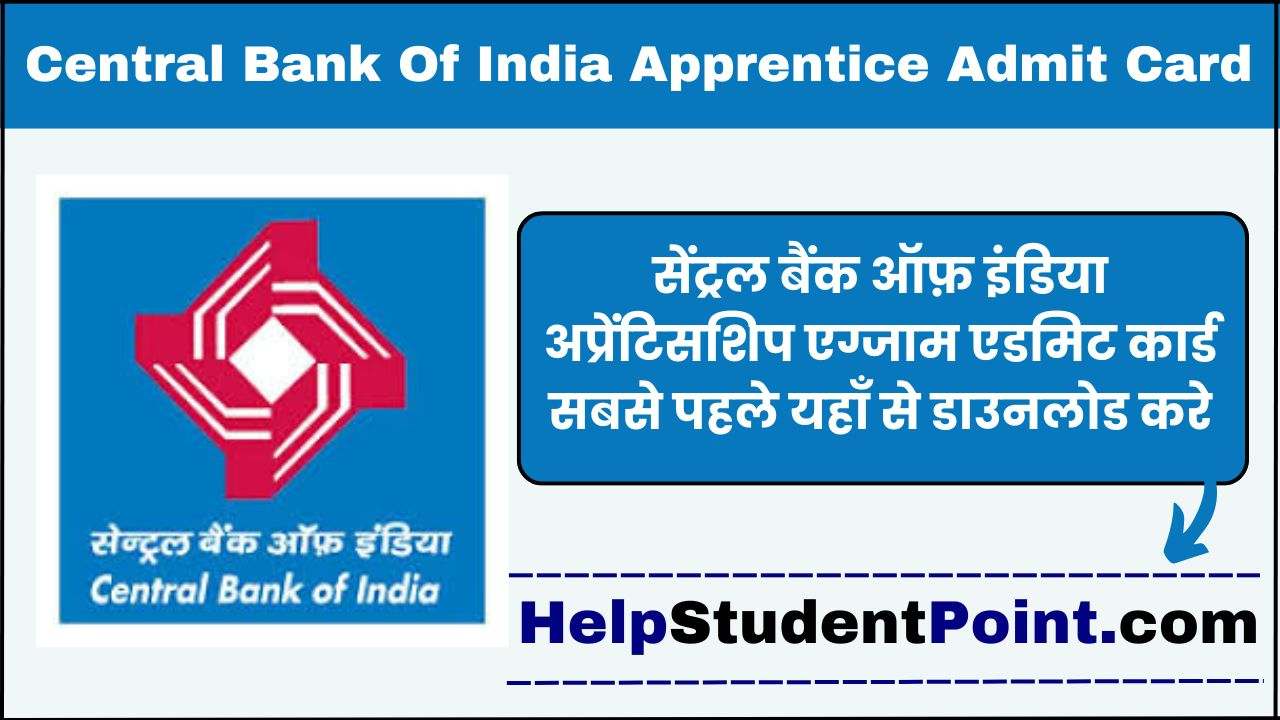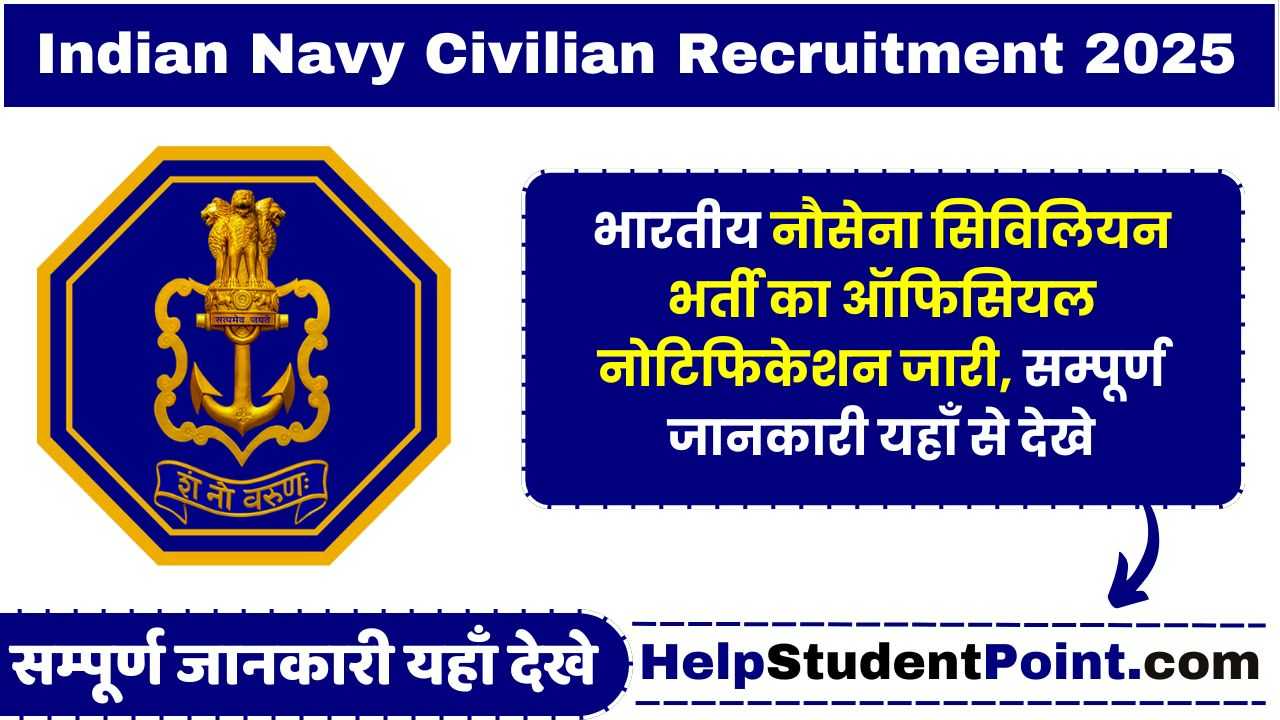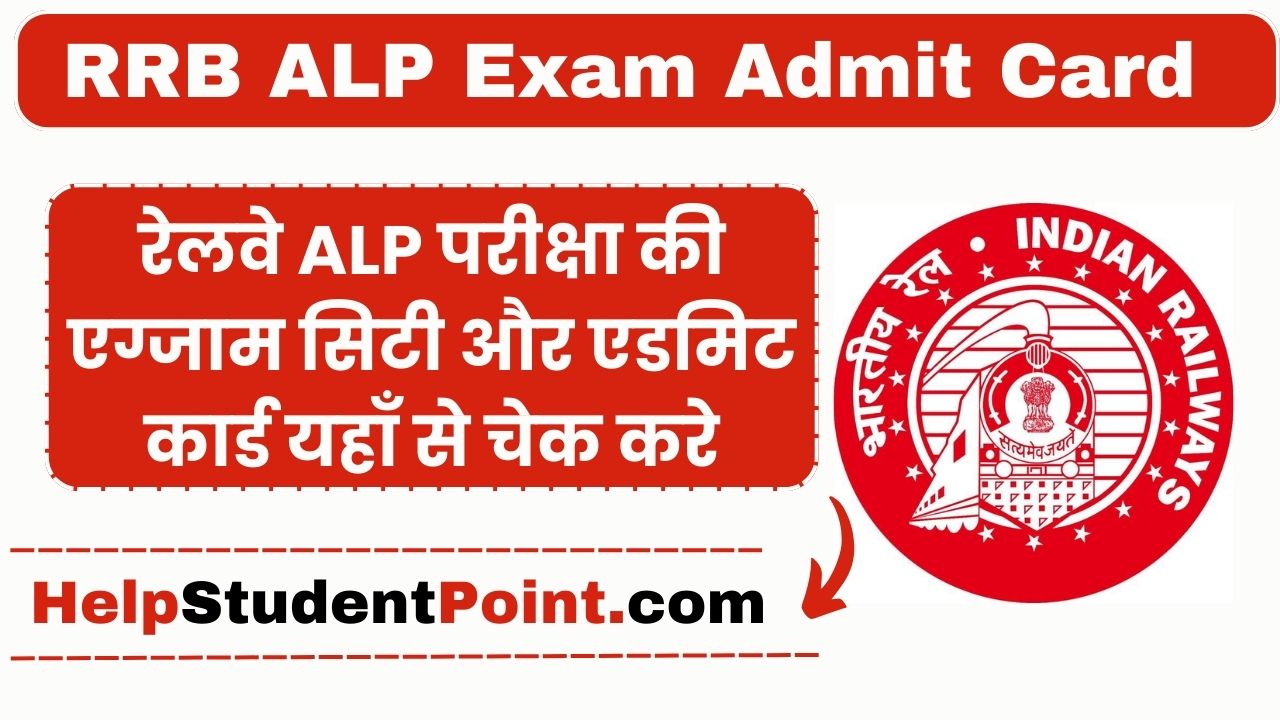tamil literature optional upsc books list, upsc tamil optional notes pdf, upsc tamil optional books pdf free download, tamil literature optional upsc question papers, ias tamil optional syllabus in tamil, upsc tamil optional syllabus in tamil language pdf, tamil optional notes for upsc, upsc tamil medium books
UPSC CSE Tamil Syllabus for Paper-I, UPSC CSE Tamil Literature Syllabus for Paper-II
| UPSC CSE Tamil Literature Syllabus for Paper-I |
|
Section A
- Part 1: History of Tamil Language
Major Indian Language Families—The place of Tamil among Indian Languages in general
and Dravidian in particular—Enumeration and Distribution of Dravidian languages.
The language of Sangam Literature—The language of medieval Tamil : Pallava Period
only—Historical study of Nouns, Verbs, Adjectives, Adverbs—Tense markers and case markers in
Tamil.
Borrowing of words from other languages into Tamil—Regional and social
dialects—difference between literary and spoken Tamil.
- Part 2 : History of Tamil Literature
Tolkappiyam-Sangam Literature—The division of Akam and Puram—The secular
characteristics of Sangam Literature—The development of Ethical literature—Silappadikaram and
Manimekalai.
- Part 3 : Devotional Literature (Alwars and Nayanamars)
The bridal mysticism in Alwar hymns—Minor literary forms (Tutu, Ula, Parani, Kuravanji).
Social factors for the development of Modern Tamil Literature; Novel, Short Story and New
Poetry—The impact of various political ideologies on modern writings.
Section B
- Part 1 : Recent trends in Tamil Studies
Approaches to criticism : Social, psychological, historical and moralistic—the use of
criticism—the various techniques in literature; Ullurai, Iraicchi, Thonmam (Myth) Otturuvagam
(allegory), Angadam (Satire), Meyappadu, Padimam (image), Kuriyeedu (Symbol), Irunmai
(Ambiguity)—The concept of comparative literature-the principle of comparative literature.
- Part 2 : Folk literature in Tamil
Ballads, Songs, proverbs and riddles—Sociological study of Tamil folklore. Uses of
translation—Translation of Tamil works into other languages-Development of journalism in Tamil.
- Part 3 : Cultural Heritage of the Tamils
Concept of Love and War—Concept of Aram-the ethical codes adopted by the ancient Tamils
in their warfare-customs beliefs, rituals, modes of worship in the five Thinais.
The Cultural changes as revealed in post sangam literature—cultural fusion in the medieval
period (Janism and Buddhism). The development of arts and architecture through the ages
(Pallavas, later Cholas, and Nayaks). The impact of various political, social, religious and cultural
movements on Tamil Society. The role of mass media in the cultural change of contemporary
Tamil society.
|
| UPSC CSE Tamil Literature Syllabus for Paper-II |
Note- The paper will require first-hand reading of the texts prescribed and will be designed to test
the critical ability of the candidate.
Section A
- Part 1 : Ancient Literature
(1) Kuruntokai (1—25 poems)
(2) Purananuru (182—200 poems)
(3) TirukkuralPorutpal :ArasiyalumAmaichiyalum(from Iraimatchi to Avaianjamai).
- Part 2 : Epic Literature
(1) Silappadikaram : Madhurai Kandam only.
(2) Kambaramayanam : Kumbakarunan Vadhai Padalam.
- Part 3 : Devotional Literature
(1) Tiruvasagam : Neetthal Vinnappam
(2) Tiruppavai : (Full Text).
SECTION B
Modern Literature
- Part 1 : Poetry
(1) Bharathiar : Kannan Pattu
(2) Bharathidasan : Kudumba Vilakku
(3) Naa. Kamarasan : Karappu Malarkal
Prose
(1) Mu. Varadharajanar : Aramum Arasiyalum
(2) C. N. Annadurai : Ye! Thazhntha Tamilagame.
- Part 2 : Novel, Short Story and Drama
(1) Akilon ; Chittairappavai
(2) Jayakanthan : Gurupeedam
(3) Cho : Yaurkkum Vetkamillai
- Part 3 : Folk Literature
(1) Muthuppattan kathai Edited by Na. Vanamamalai, (Publication : Madurai Kamaraj
University).
(2) Malaiyaruvi, Edited by Ki. Va Jagannathan (Publication : Saraswathi Mahal, Thanjavur).
|
Frequently Asked Questions (FAQs) On UPSC CSE Optional Syllabus
Question- What is the UPSC’s Annual Programme (Calendar) of Examinations/RTs (Recruitment Tests)?
Answer – The UPSC publishes an Annual Programme (Calendar) of all the Structured Examinations/RTs conducted by it at least 6 months in advance (i.e. in June) for the Examinations/RTs to be conducted during the next calendar year. The Programme is uploaded on the UPSC’s website as also published in the leading news papers of the country. The date of issue of Examination Notice for each Examination is also mentioned in this Annual Programme.
Question- What happens if a candidate submits multiple online applications?
Answer – While a candidate should avoid submitting more than one online application, in case of doing so, the data provided in the last application (highest RID Number), that is successfully submitted online, is accepted by the Commission. All previous applications are ignored as these are amalgamated with the last completed & finally submitted application. If an applicant (who has already submitted an application successfully) wants to
make amendments in the application, then he has to submit a fresh application on or before the last date of submission of application of the Examination. Therefore, it must be ensured that fee is submitted against the
last online application only, which should also be complete in all respects including its final submission. Fee paid against one RID shall not be adjusted against any other RID number
Question- What action is taken by the Commission in case of submission of false information by the candidates?
Answer – A candidate found to be furnishing false information to the Commission or suppressing information, adopting various unfair means in the Examination like impersonation, cheating, etc., is liable to be disqualified
and/or debarred from writing UPSC Examinations as decided by the Commission. A detailed stipulation in this regard is incorporated in the Rules of Examination/ Examination Notices.





